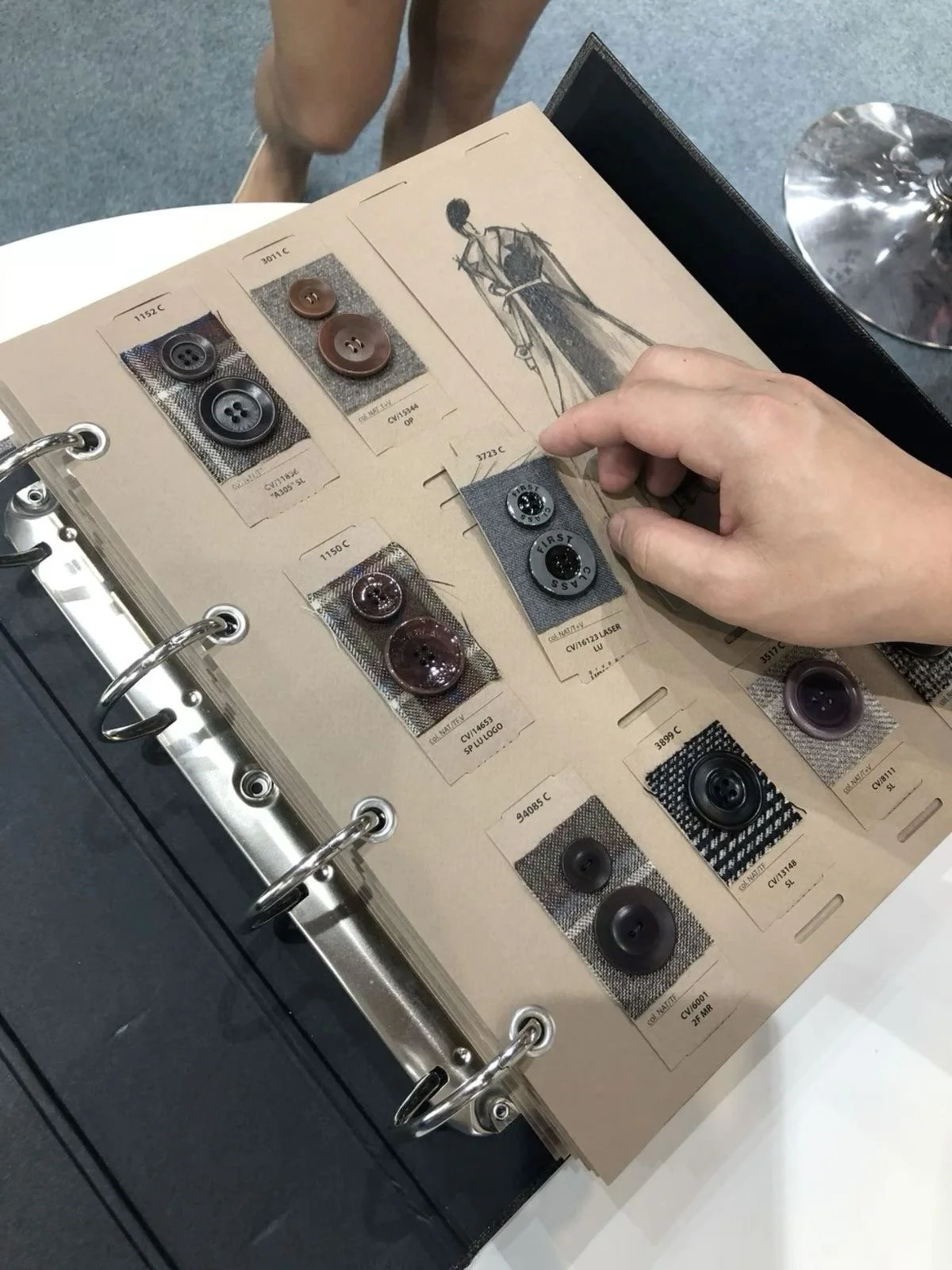Aesthetics as the root of all philosophy..
In the realms of fashion, design, and lifestyle, aesthetic often feels synonymous with surface-level beauty—the perfect outfit, an elegantly designed home, or an eye-catching Instagram feed or study space…
But when we dig deeper, aesthetic is much more than just visual appeal. It’s the foundation of how we interpret the world around us and the lens through which we make sense of our experiences. In fact, aesthetic lies at the very root of philosophy, guiding our perceptions and influencing our understanding of life, values, and identity.
Philosophy, at its core, is about seeking meaning. Whether it’s questioning the nature of reality, morality, or existence, philosophers have always begun with a sense of wonder—an awe that often comes from something beautiful or profound.
In the same way, aesthetic experiences are what prompt us to pause and reflect. Imagine walking through a gallery and being struck by a piece of art, or wearing a perfectly tailored outfit that makes you feel empowered. These moments of beauty make us think more deeply about who we are, what we value, and how we relate to the world.
Fashion is one of the most personal ways we engage with aesthetic philosophy. On the surface, clothing might seem like a simple choice of fabrics and trends, but in reality, fashion is a statement of identity.
The way we dress speaks to our beliefs, our cultural backgrounds, and even our moods. A sleek minimalist wardrobe, for example, isn’t just about looking good—it often reflects a deeper desire for simplicity, mindfulness, and order in life.
Fashion movements like minimalism are rooted in larger philosophical ideas about reducing excess and focusing on what’s truly important, both materially and emotionally. Similarly, sustainability in fashion is more than a trend—it’s an ethical choice that challenges us to rethink our relationship with consumption.
In a world where fast fashion dominates, choosing eco-friendly materials and timeless pieces is a form of resistance, raising questions about responsibility, waste, and the future of our planet.
This connection between aesthetic and ethics shows how intertwined beauty and morality can be. Our choices in style don’t just reflect what we find attractive, but also what we believe is right and just.
Beyond personal style, aesthetic influences how we create and live in our spaces. The rise of design trends like biophilic design or Japandi—which blend minimalism with natural elements—goes beyond simple decoration.
These styles encourage us to reflect on our relationship with nature, wellbeing, and the balance between technology and organic life. The aesthetic choices we make in our homes or workspaces impact our mental health, productivity, and even our sense of peace.
When we carefully curate our environments, we engage with a form of philosophy that asks — How do our surroundings shape who we are?
Even the allure of luxury fashion brands is rooted in philosophical concepts of value and desire. A designer handbag or a pair of bespoke shoes doesn’t just carry a price tag — it carries meaning.
Luxury fashion taps into our longing for distinction, exclusivity, and timelessness. But it also forces us to question what makes something valuable.
Is it the craftsmanship, the brand name, or the emotional experience of owning something rare?
The philosophy of luxury is a study in scarcity, status, and how we assign meaning to the objects we desire. Then there’s the influence of aesthetic movements like avant-garde fashion or the Haute Couture world, which constantly push the boundaries of what we consider beautiful or wearable. These movements provoke us to rethink the definitions of art, creativity, and individualism.
When a designer challenges conventional norms—whether through exaggerated silhouettes, unconventional materials, or shocking presentations—they invite us to ask bigger questions about expression and rebellion.
What makes something “fashionable”? Who sets those standards, and why do we conform or resist?
Aesthetic also shapes how we perceive time and impermanence—both in fashion and in life. Trends come and go, and what’s considered stylish today may be outdated tomorrow. This fleeting nature of fashion mirrors life’s own impermanence. The way we hold onto vintage styles or revive past trends speaks to a deeper philosophical longing for continuity in a world of constant change.
In a way, fashion allows us to play with time, blending nostalgia with modernity, and asking — How do we stay true to ourselves in a world that’s always evolving?
Ultimately, aesthetic choices are not just about what we wear or how we design our surroundings — they’re about how we engage with deeper philosophical questions.
Our taste in fashion, our preference for certain designs, and even the way we curate our lives on social media reflect our values, beliefs, and understanding of beauty. From the minimalist’s pursuit of clarity to the maximalist’s celebration of abundance, each aesthetic reflects a different philosophical approach to life.
Aesthetic isn’t just about beauty for beauty’s sake. It’s the foundation of how we make sense of the world and navigate the choices that define us. Whether through fashion, interior design, or art, our aesthetic decisions are philosophical at their core, shaping not just how we look but how we think and live.
In fashion, as in life, the search for beauty is also a search for meaning, making aesthetic the root of all philosophy…






